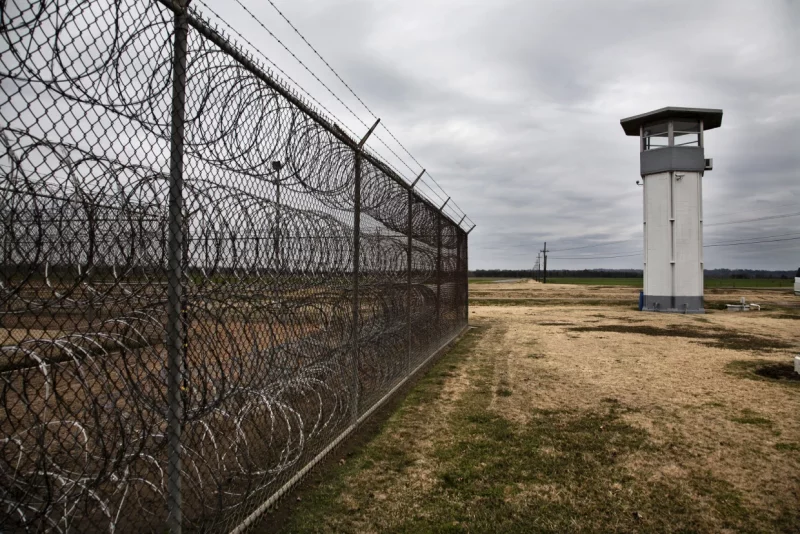Black voters in Louisiana ‘embarrassed’ by state’s failure to pass anti-slavery amendment
Share
Explore Our Galleries
Breaking News!
Today's news and culture by Black and other reporters in the Black and mainstream media.
Ways to Support ABHM?
By Curtis Bunn, NBC News

Black voters in Louisiana are confused. Many are embarrassed. Some are angry. All seem to be concerned about how their state is being perceived after a constitutional amendment to eliminate slavery and forced indentured servitude failed to pass in the November election.
That may be, in part, because the lawmaker who authored the bill to allow the vote switched direction and worked to kill it.
Four other states — Alabama, Oregon, Tennessee and Vermont — passed similar legislation, effectively ending “slave labor” in prisons. Louisiana, however, did not vote for the constitutional amendment, which had been introduced by Rep. Edmond Jordan, a Black politician known for fighting for Black people’s causes, like limiting police officers’ immunity in civil lawsuits.
In an unusual twist, Jordan initiated a campaign last summer for an amendment he authored to fail. His original bill read, “Slavery and involuntary servitude are prohibited.” With that language, it was clear the bill would have wiped out the 138-year-old exception in Louisiana’s Constitution that allowed involuntary servitude as punishment for a crime.
But Jordan agreed to an addendum to the bill, which said that the part of the constitution that “prohibited slavery and involuntary servitude” did not “apply to the otherwise lawful administration of criminal justice.” That section, Jordan said, created confusion for him and voters and made some question whether the second part of the bill was “canceling out the first part.”
“Are they trying to trick us into voting for slavery?” asked John Miles, a 41-year-old Black truck driver in Monroe. “Why would they make it so confusing?” He said he voted no because of the lack of clarity.
This confusion led to the bill’s failure.
Other states had similar measures on their ballots, some of which passed.









Comments Are Welcome
Note: We moderate submissions in order to create a space for meaningful dialogue, a space where museum visitors – adults and youth –– can exchange informed, thoughtful, and relevant comments that add value to our exhibits.
Racial slurs, personal attacks, obscenity, profanity, and SHOUTING do not meet the above standard. Such comments are posted in the exhibit Hateful Speech. Commercial promotions, impersonations, and incoherent comments likewise fail to meet our goals, so will not be posted. Submissions longer than 120 words will be shortened.
See our full Comments Policy here.